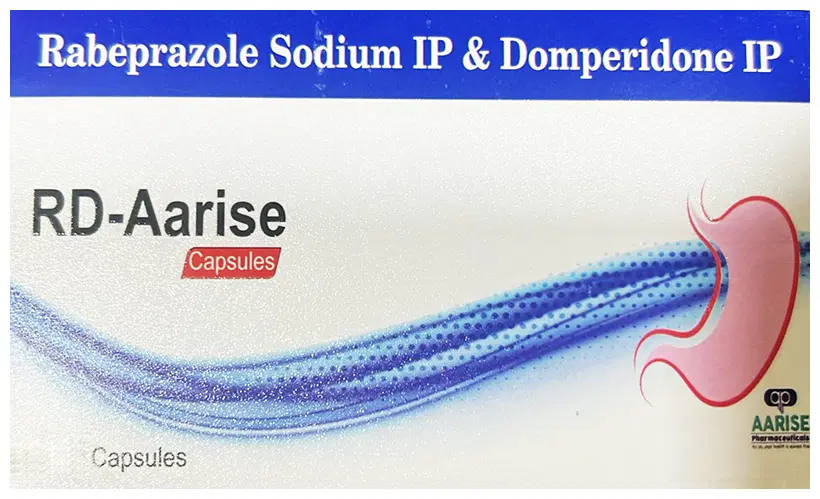Patent ductus arteriosus (pda)
Patent Ductus Arteriosus (PDA) is a congenital heart defect that occurs when the ductus arteriosus, a blood vessel that connects the aorta and pulmonary artery in an unborn baby, fails to close properly after birth. This results in a persistent shunt between the aorta and pulmonary artery, leading to increased blood flow to the lungs.
Typical medications used to treat PDA include:
Indomethacin: This nonsteroidal anti-inflammatory drug (NSAID) helps to close the PDA by reducing the production of prostaglandins, which keep the ductus arteriosus open. Indomethacin is usually administered intravenously or orally to newborns with a diagnosis of PDA.
Ibuprofen: Another NSAID, ibuprofen, has been approved for the treatment of PDA in newborns. Similar to indomethacin, ibuprofen works by inhibiting prostaglandin synthesis, leading to ductal constriction and closure.
Surgical ligation or catheter-based intervention: In cases where medical treatment is not effective or not suitable, surgical ligation or catheter-based intervention may be performed to close the PDA. These procedures involve tying off or occluding the ductus arteriosus, either through open-heart surgery or using a catheter-based technique.
Consult with a healthcare professional to determine the most appropriate treatment plan for an individual with PDA. Patient safety and proper management of the condition are paramount to ensure the best possible outcome.

Showing all 3 results
Showing all 3 results


